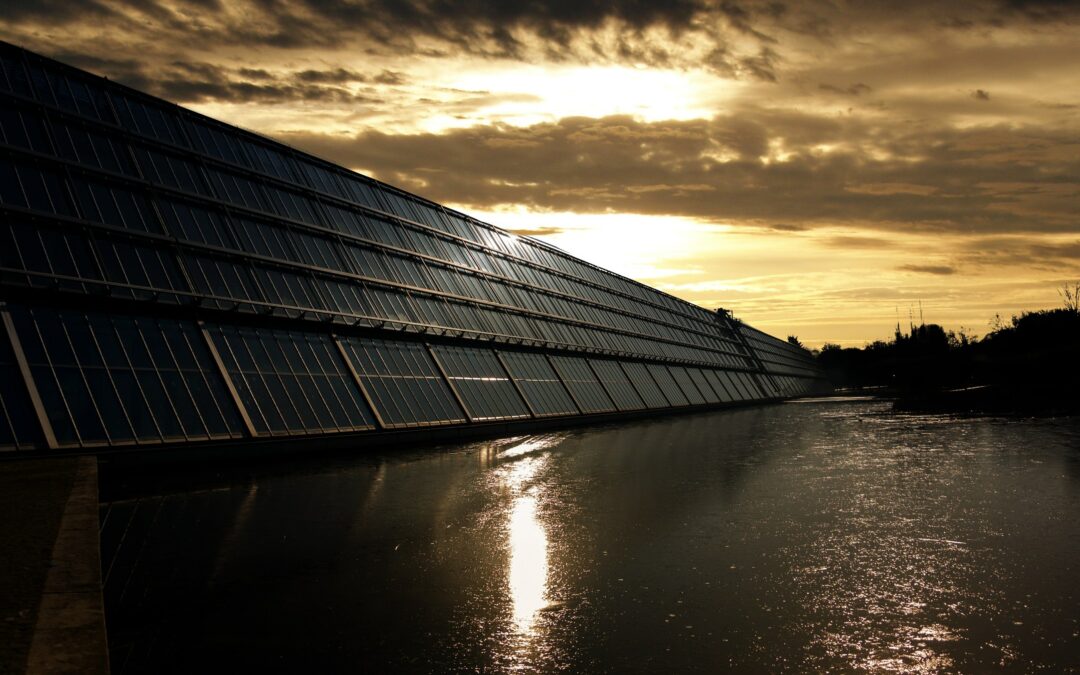With remarkable speed, the Sacramento region now hosts what appears to be the second-largest US manufacturer of solar PV modules. In June 2022 Solar4America began production of monocrystal silicon-based panels (the most efficient kind) at McClellan Business Park, 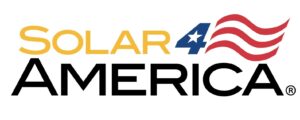 moving into the facility originally built for another potential solar manufacturer, CSUN Solar, in 2017. CSUN filed for bankruptcy in January 2021. SPI Energy moved quickly to make a commitment to the facility, assigning it to the Solar4America installation subsidiary it had recently acquired from Peterson Dean Roofing Company, and moving the company headquarters to it from Santa Clara.
moving into the facility originally built for another potential solar manufacturer, CSUN Solar, in 2017. CSUN filed for bankruptcy in January 2021. SPI Energy moved quickly to make a commitment to the facility, assigning it to the Solar4America installation subsidiary it had recently acquired from Peterson Dean Roofing Company, and moving the company headquarters to it from Santa Clara.
It quickly added equipment to begin manufacturing panels in June 2022 and recently added a more state-of-the-art process line with $10 million in new equipment. Take a virtual tour here. They now employ about 150 people and produce 700 MW of panels per year. They plan to add a third 550 MW capacity line in their existing 139,000 square foot building, and then grow into an adjacent 56,000 square foot space with room to add a fourth and a fifth line. That would complete their growth plan for Sacramento, with a capacity of producing 2200-2600 MW of panels if they ran 24/7, with close to 500 employees.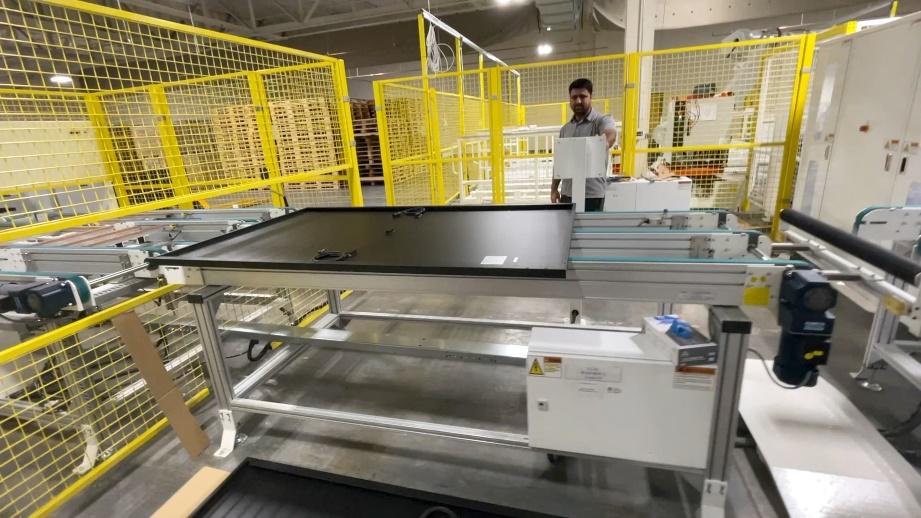
They are taking advantage of the federal incentives favoring panels built in large part in the USA. President Biden extended by four years to 2026 President Trump’s 30% import tariff on panels imported from China, where over 70% of all panels are now produced. In addition, the Inflation Reduction Act not only extended the 30% investment tax credit and production tax credit but also provided a bonus 10% adder for panels meeting domestic production criteria. The Infrastructure Act provides an incentive amounting to about 4 cents/kWh for US-made solar modules. They see this “Made in America” angle as a big boost to their prospects, and their sales pipeline is showing its reality. They are now making 410 Watt and 550 Watt solar panels with peak efficiencies in excess of 21%. They believe that will drive above-average profitability—and at prices that make them very attractive.
They are on their way to making another move—toward more vertical integration in the US. They currently source their source silicon wafers from China. They would be eligible for further federal incentives if they would instead use US-made wafers. Recently they created a subsidiary, SEM Wafertech, to establish a high-efficiency production line for wafers and hired a world-class CTO to run it. Likely that unit would be based in South Carolina.
In our opinion, they are also positioned to make an important advance that will lead them to be able to push their solar conversion efficiency by close to 30%. There has been a lot written lately about inexpensive perovskite materials for solar cells. Think of them as a spray-on coating. Alone they are not so efficient, but if layered on top of a compatible crystalline solar module, they can capture light otherwise not used and allow the rest to penetrate to the underlying cell. There are a number of companies pursuing this path and looking for crystalline silicon solar panel partners. The manufacturing process chosen by Solar4America could be very compatible with this kind of production. Clearly, getting more kWh per panel by boosting efficiency creates a whole new ballgame in cost/kWh competition.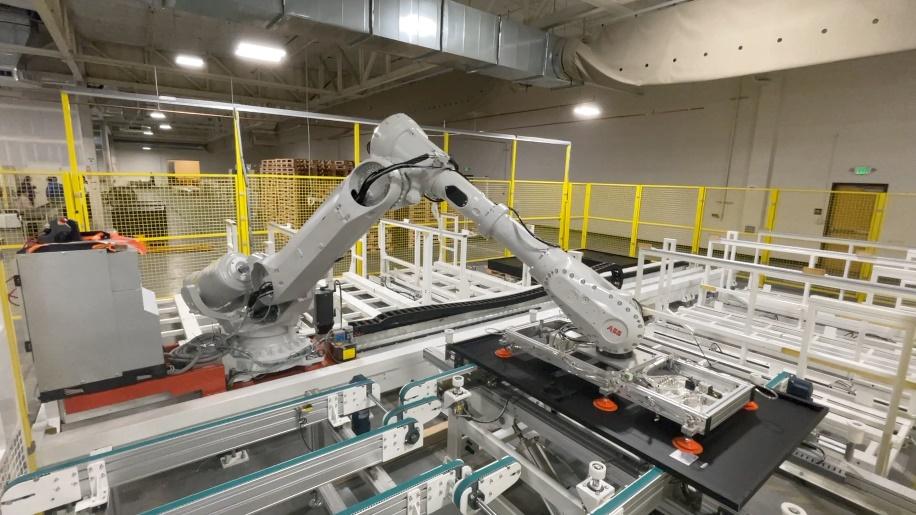
But the story is a lot more interesting than just what is going on at McClellan Park. The parent company SPI Energy has a long-term connection to Sacramento and is doing many things beyond manufacturing solar panels. The company actually was founded in 2006 in Roseville as Solar Power, Inc. As a way to get an edge, it was sourcing panels from China, one of the pioneers in doing so, and actually set up its own manufacturing line there in 2008. It was financing and installing panels throughout the state (anyone remembers Yes! Solar?), but it was a small fish in a booming market. The founder, Steve Kircher, brought in a Chinese investor, Denton Peng, in 2011, to get the money to go big. Peng owned a panel manufacturing and installation business in China and had been developing modest (a few MW to a few hundred MW) solar farms around the globe that were sold to investors once finished. That business evolved. Peng sold off his China assets in 2018 to focus on developing more solar farms outside China, but these were not building value very quickly. They did not give up that business, though. SPI still owns about 225 MW of solar projects in the US, Asia, and Europe, and is pursuing a 250+ MW pipeline of new projects.
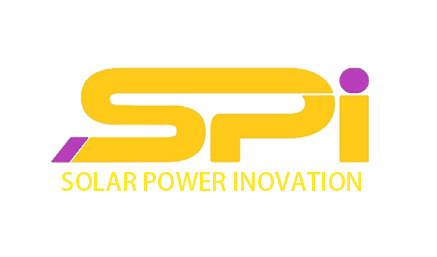 Clearly, Peng was “bitten by the bug,” and wanted to do more in clean energy, recasting SPI as “Smart Power Innovation.” As a result, he started building a global cleantech conglomerate now referred to as SPI Groups. In 2015 he acquired 80% of SolarJuice, the leading wholesale distributor of PV products in Australia. He moved the solar installation business acquired from Petersen Dean into SolarJuice, giving it US roots as well. SolarJuice was made the parent of Solar4America. Now SPI is planning a partial spinoff of just under 50% of SolarJuice to raise money to keep growing the sales/installation business as well as PV manufacturing. The offering could raise as much as $19 million, and resolve concerns about whether the company had enough cash available to keep operating. The new stock would trade under the symbol SJA in the US if the offering closes. It would also trade in Australia where SolarJuice remains headquartered.
Clearly, Peng was “bitten by the bug,” and wanted to do more in clean energy, recasting SPI as “Smart Power Innovation.” As a result, he started building a global cleantech conglomerate now referred to as SPI Groups. In 2015 he acquired 80% of SolarJuice, the leading wholesale distributor of PV products in Australia. He moved the solar installation business acquired from Petersen Dean into SolarJuice, giving it US roots as well. SolarJuice was made the parent of Solar4America. Now SPI is planning a partial spinoff of just under 50% of SolarJuice to raise money to keep growing the sales/installation business as well as PV manufacturing. The offering could raise as much as $19 million, and resolve concerns about whether the company had enough cash available to keep operating. The new stock would trade under the symbol SJA in the US if the offering closes. It would also trade in Australia where SolarJuice remains headquartered.
Peng acquired Phoenix Motor Cars in 2022 (partially IPO’d as PEV). Phoenix originated in Anaheim producing medium-duty EV trucks and buses in 2003. That business expanded into all-electric forklifts, some of which are at the McClellan plant. Now it is pursuing a nifty all-electric crew cab truck under the brand name EdisonFuture. It has a solar PV rooftop and a cool unfolding cover on the bed that adds more PV area. Those vehicles will likely be produced in Greenville, South Carolina.
Phoenix also has an agreement to develop bidirectional chargers for its vehicles, a feature likely to be much in demand. It has a line of portable battery products under the brand Romeo Power. Late in 2022, it acquired a long-time Sacramento fuel cell company, Altergy, to give it a foothold in using hydrogen for long-duration storage for solar projects. And for fun, SPI created a rugged fat tire e-scooter it calls the Zoomer—great fun at 30 mph for $1500. There are now over 420 employees worldwide for the company.
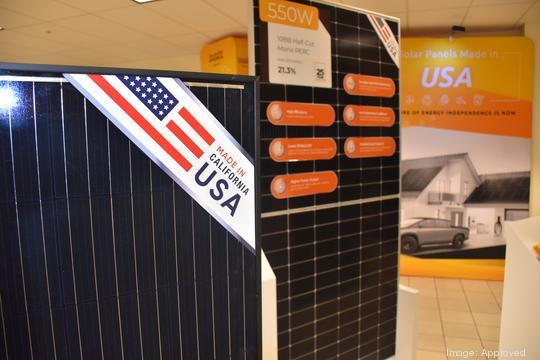 SPI Groups is forecasting a solidly profitable year for 2023. Revenue is projected to be $250-300 million with profits of $29-36 million, including the first profits for Solar4America in the fourth quarter. This would be a big advance for SPI which previously had not achieved profitability for any sustained period, or had annual revenue of more than $200 million.
SPI Groups is forecasting a solidly profitable year for 2023. Revenue is projected to be $250-300 million with profits of $29-36 million, including the first profits for Solar4America in the fourth quarter. This would be a big advance for SPI which previously had not achieved profitability for any sustained period, or had annual revenue of more than $200 million.
Throughout all the twists and turns, one constant has been engineer Hoong Kheong (“HK”) Cheong. He is back now as COO of Solar4America and on the Board of other units of the conglomerate as well. It was probably HK who recommended a move of the company back to Sacramento. The Company had been in Shanghai and Silicon Valley. HK knew the building would be economical and that SMUD rates were going to be among the lowest in California. Now the global headquarters of the company is also in McClellan Park.
So welcome back SPI, in your many forms! Glad to see that of all the places you could be, you realize this is home and a great place to do manufacturing.

